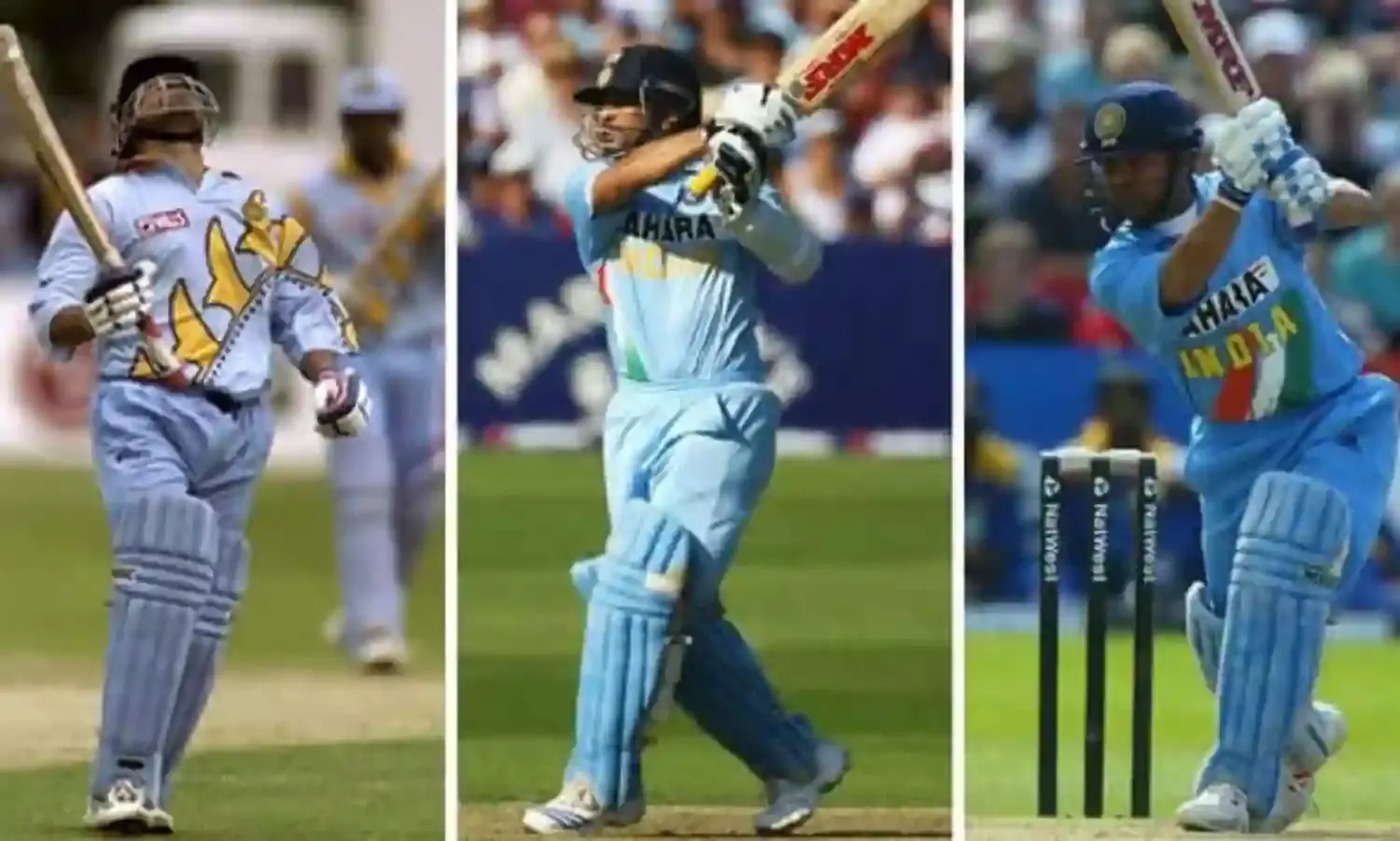When Tendulkar Dedicated His 100 To His Father’s Memory
Down Memory Lane

He scored 100 international hundreds 49 in ODIs and 51 in Tests. Most of them were great or significant in that they were instrumental in an Indian victory or helped the team to an honourable draw. Some were compiled defying an injury and still others were made on difficult tracks. But one of them was so significant that he dedicated it to his father’s memory. There was a lot of emotion surrounding that hundred and that is what makes it stand out.
Sachin Tendulkar arrived in England in the summer of 1999 along with the Indian team for the World Cup with his popularity at its peak. After almost ten years in international cricket he was the leading personality in the game and Indian cricket fans fervently hoped that he would inspire an Indian victory in the country where they had most unexpectedly triumphed 16 years ago.
The Indian campaign got off to a bad start with a four wicket loss to South Africa. Tendulkar who opened the innings with Sourav Ganguly contributed 28 in a first wicket partnership of 67. The next group match against Zimbabwe was four days later. But the day before that game Tendulkar received the sad news that his father Ramesh had passed away suddenly in Bombay at the age of 66. Tendulkar (sr) was well known in his own right as a Marathi poet and he taught literature at a Bombay college. But for Tendulkar it was an enormous personal loss for his father had played a major role in him taking up the game and he had nurtured his talent from a very early age.
Tendulkar flew back to Bombay for his father’s funeral and stayed back for the rituals. There was considerable speculation as to whether he would return to England or stay back for the various ceremonies. In the meantime India went down to a shock three run defeat to Zimbabwe and with a record of played two, lost two their chances of qualifying for the Super Six from the group was in jeopardy.
Ending all speculation Tendulkar flew back to England and headed straight for Bristol, the venue of the team’s next match against Kenya which was the day following his arrival from Bombay. Put in to bat India lost openers Ganguly and Sadagopan Ramesh with 92 runs on the board.
Tendulkar walked in to join Rahul Dravid and as Wisden notes: ''Bristol heard a roar from the crowd that probably startled the lions in the zoo.’’ Such was the enthusiastic and spontaneous welcome the maestro received particularly after the suspense as to whether he would return.
Tendulkar started carefully but accelerated after each landmark. His 50 was scored off 54 balls but his hundred came off only another 30 balls. Even while acknowledging the cheers from the crowd on reaching his hundred Tendulkar looked skywards as if to pay respect to his father. He flicked the last ball of the innings over mid wicket for six – his third in addition to 16 fours - to finish on 140 off 101 balls. It was his 22nd ODI hundred but the first when he was not opening.
Dravid too batted fluently scoring an unbeaten 104 but this was largely ignored as the crowd seemed to have eyes only for Tendulkar. The two added 237 runs in 29 overs for the unbroken third wicket and this was the highest partnership in World Cup history surpassing the 207 put together by the Waugh twins Steve and Mark also against Kenya in 1996.
India finished with an imposing 329 for two off 50 overs and Kenya stunned by both the huge total and Tendulkar’s brilliance gave up without much of a fight being restricted to 235 for seven in 50 overs. Swing bowler Debasish Mohanty put in a fine performance taking four for 56 but there could be only one candidate for the man off the match award, Tendulkar who publicly dedicated his highest World Cup score to his father’s memory.



